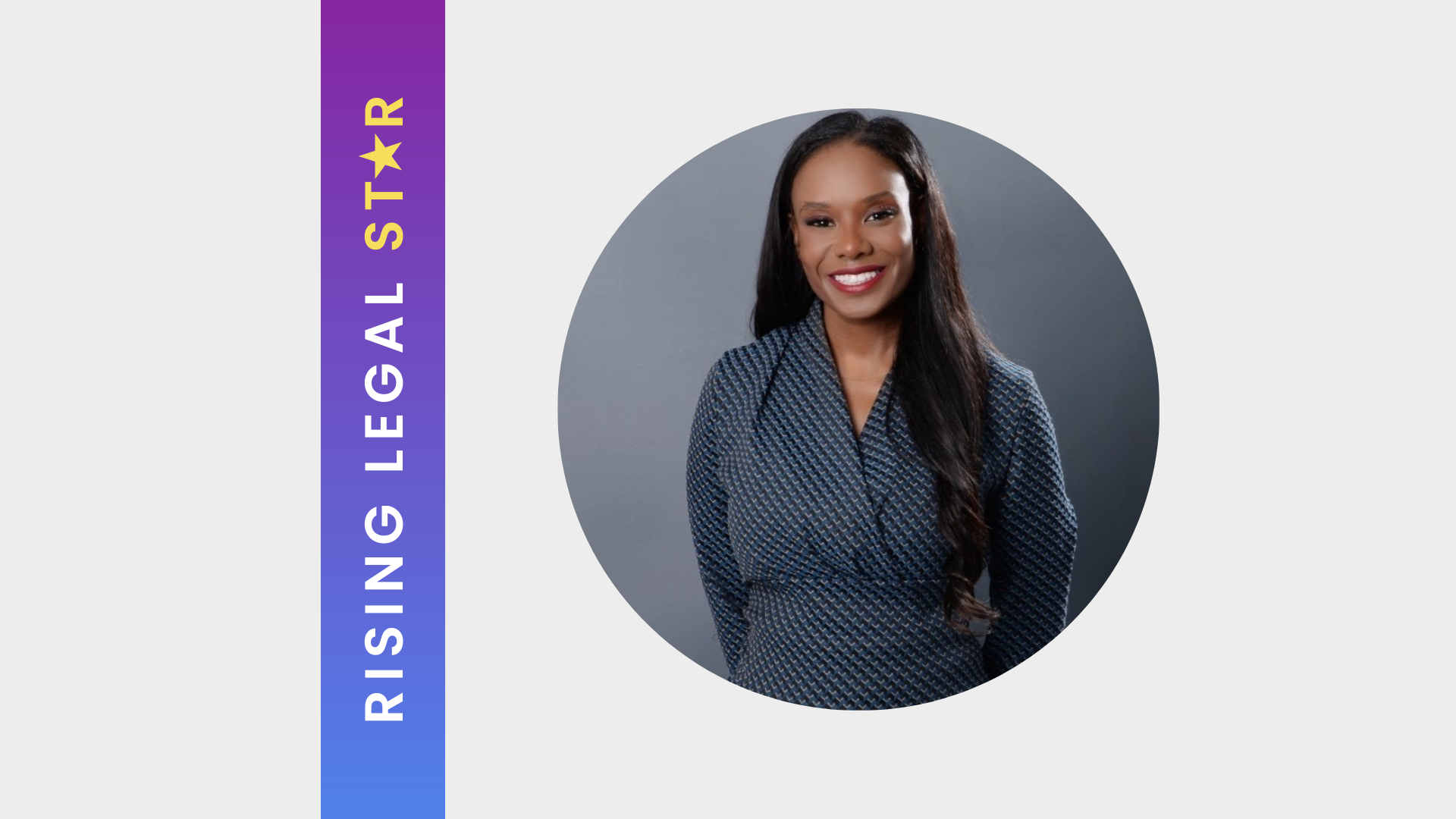Elements - Diversity & Inclusion: Imran Pasha
Imran has 20 years of financial services experience with both blue chip and start up organisations, including Merill Lynch and HSBC. This has included senior management positions with commercial and operational responsibilities in stock broking, retail and commercial banking. Previous roles have included Head of Strategic Planning, Head of Operations, Head of Retail Banking, Head of Sales and Service. He has a proven track record of building long term client relationships, adding value and developing high-performance teams.
Could you tell us a bit about your career progression to date?
I’d always wanted to forge a career in Financial Services and after graduating, I took a temporary position in a bank to get some experience while applying for permanent roles. I struggled to find a role that met my criteria, so I took a marketing job in manufacturing while I kept looking. Eventually, I landed a role with Merrill Lynch where I got my SFA registered securities representative qualification and moved from a customer service position there to become a team leader and then into a Banking Operations Manager role at HSBC. In 2004, the Islamic Bank of Britain launched as the first Sharia-compliant bank in the UK and I got the job as branch manager, involved in setting up all branch operations and processes from scratch. I’ve always believed that you should give your all to any role for at least two years and then be looking at a move up or sideways. Sideways moves are great because they give you a real breadth of knowledge and new skills. I’ve been lucky enough to do both and from my original customer service role, I am now a COO leading over 150 colleagues.
Can you pinpoint a time when you noticed the tone of the conversation on diversity changing?
It's difficult to pinpoint a specific time, but I'd say that over the last five years, I've noticed a lot more efforts and initiatives in the field of diversity and inclusivity, both on the gender side and the race side. There's much more awareness, training and initiatives in both Financial Services and other industries to make positive strides in these areas.
What do you think the benefits are of having more diverse and inclusive teams?
Diversity adds a whole different perspective in terms of viewpoints, discussions and experience so that when you're making decisions, you don't have just one mindset, there’s a range of opinions, which will ultimately help orgnaisations make better decisions. If a decision-making body is made up of similar backgrounds, whether that's educational, class or race, they are more likely to arrive at the same conclusions. A group of diverse people will add their own reasoning, based on a wide range of experiences, that will only enrich the decision-making process and make an organisation better placed to achieve their objectives.
What are the biggest challenges for the Financial Services industry today when it comes to diversity and inclusion?
I think we need more mentors and role models, whether those are gender-based or race-based, so that people coming into FS can relate to them or aspire to follow them. I know that many organisations are now creating specific D&I roles that will nurture diverse talent into more senior roles, which is great, but we also need to go further back in the process, right from the recruitment process to be able to really improve things.
Is there a particular initiative that you've seen that has improved D&I in the workplace?
The gender-based initiatives are a lot more developed and advanced, hence we are seeing a lot more poostive results. Some of them have high-profile figures behind them and they’re getting more women onto boards of FTSE 100 companies, for example. On the BAME side, there’s more work to be done on the initiatives getting traction, but it’s starting to work. That said, I’m not a great proponent of positive discrimination. I believe that people should generally rise to their positions based on merit, success and achievements rather than because they're from a certain background. I appreciate though that institutionally there needs to be change and a level playing field with equality of opportunity for people from all backgrounds, so if organisations worked together and shared resources and data to produce a cohesive strategy, progress might be faster and on a bigger scale.
Have you had any mentors in your career, and do you see value in having a mentor?
One of my former bosses was hugely inspiring for me and I learned a lot from being in meetings with him and watching him work and come up with ideas and strategies. There are two main schools of thought when it comes to careers – one is that you find your niche and excel at it. The second, which my former boss believed in and I do too, is that you should be a generalist and learn as many skills as you can across the board. It’s really helped my career. Either way, it’s important to have a role model or find a mentor, whether they’re in your organisation or not, or even your sector, because being inspired by someone will help you raise the bar in everything you do.
Do you think your race or religion has ever hindered any progression in your career thus far?
I don't think it has. I believe that if you're good at your role and you work hard, the results will speak for themselves and you will eventually get recognised. I've been lucky enough that whichever organisation I've worked for, I've managed to prove myself and it's been recognised by bosses of all backgrounds, colours, races and genders, so I don't think my race or religion has been a hindrance at all.
What are the key things you attribute to your success?
You've got to work hard; there are no shortcuts. Even the mundane tasks are worth doing well and going that extra mile on every aspect of your role will help you reach your goals. Secondly, you've always got to be looking to raise the bar and improve. Many situations in our workplaces come around on a monthly, quarterly or yearly basis, so there’s little point doing the same thing every time. Asking yourself how you can do them better next time will always help you raise the bar. Lastly, interpersonal skills are so important. You can't achieve anything on your own, you need others to help you get to where you are and take them on the journey too.
There's been a real shift towards a more collective consciousness of the BAME experience led by the Black Lives Matter movement. How have you seen this play out recently in the workplace?
I think it's still an evolving situation and that its full impact will transpire over the next few years.
Some of that is down to the slowdown enforced by COVID, of course, but we are seeing a lot more discussion and awareness now. I imagine there will be a lot more internal training in years to come, so that people understand the challenges and possibly more targets in terms of recruitment, but I think it may be some time before we see major changes.
How do you feel ethnic minorities are currently represented in the Financial Services industry?
In the lower tiers, there's definitely a lot more opportunity and more representation. As you go up the pyramid, you see fewer ethnic minorities. I don't know if it is because people just leave after a few years due to other interests or whether they get frustrated with the lack of opportunities or the lack of progression, but the higher up you go, there's less representation across the industry.
What do you think organisations can be doing to address the barriers to BAME employee career progression?
It has to be a top-down commitment to make a genuine difference, which starts at board level, and there must be a genuine buy-in from everyone. Tactical initiatives, such as targets, to address it, will result in a fairer representation, but there needs to be a lot more awareness and training first, as well as mentorship programmes that can identify and nurture top BAME talent. On the recruitment side, there needs to be a lot more joined-up thinking across the industry, with specific targets and initiatives that can be measured.
What advice can you share with people starting out in the industry?
Don't give up. We're fortunate that the UK is one of the biggest Financial Services hubs in the world and there are plenty of opportunities, so persevere, you will eventually find the right role. I've noticed an increase in a “now culture” or instant graticficaiton amongst a lot of the younger generation and I would advise them to be patient. You can’t work somewhere for 6 months and expect a promotion. Simialy not every idea is going to be a unicorn. Try to retain a sense of reality and work hard, don’t expect everything to fall into place immediately. Hard work will bring results and you will be able to prove to yourself and to your peers that you can do it and eventually start to climb that ladder. Of course, there is an element of providence i.e being in the right place at the right time to spot an opportunity, but don’t lose hope, stick with it. And most importantly, enjoy the ride.













